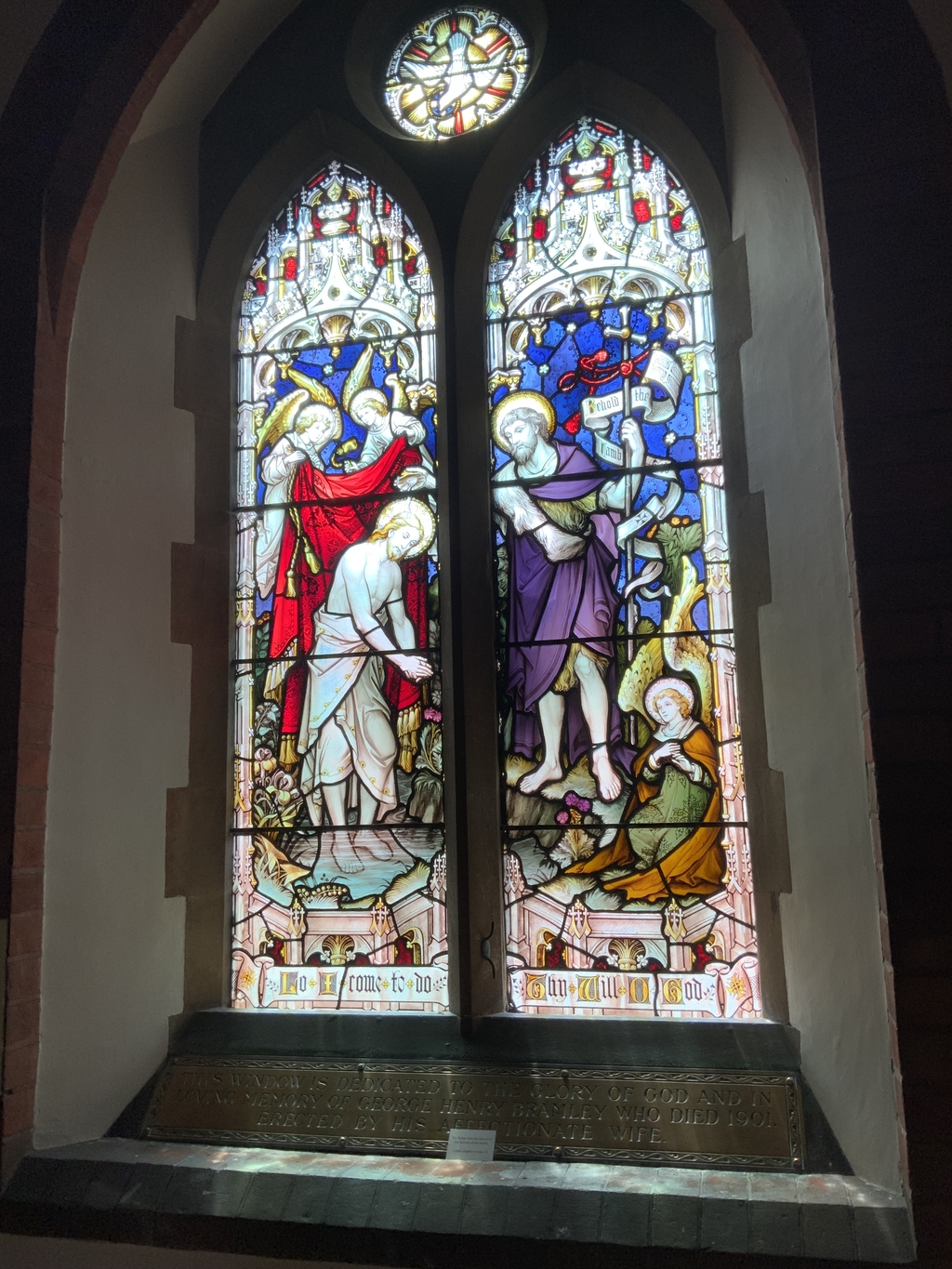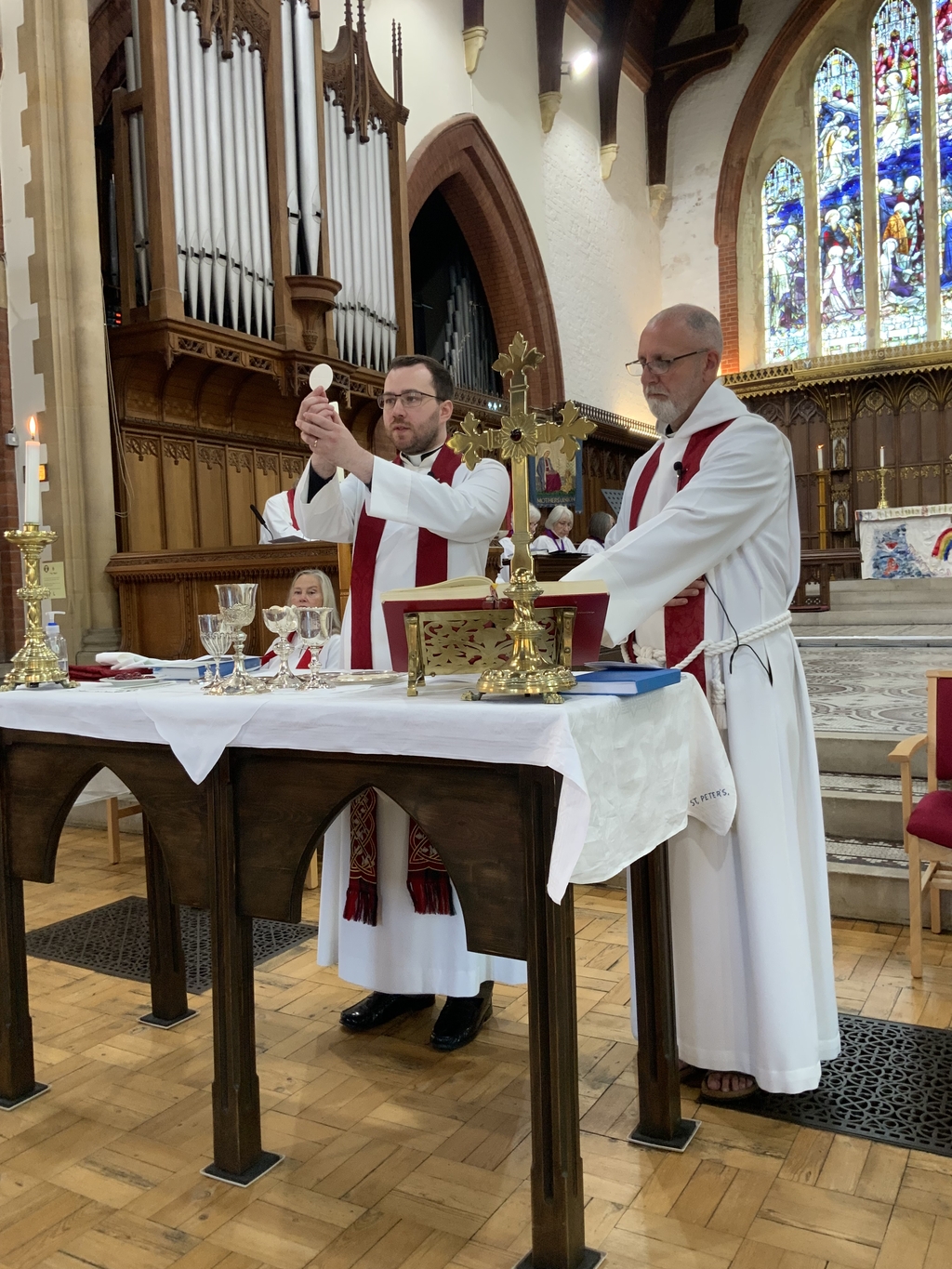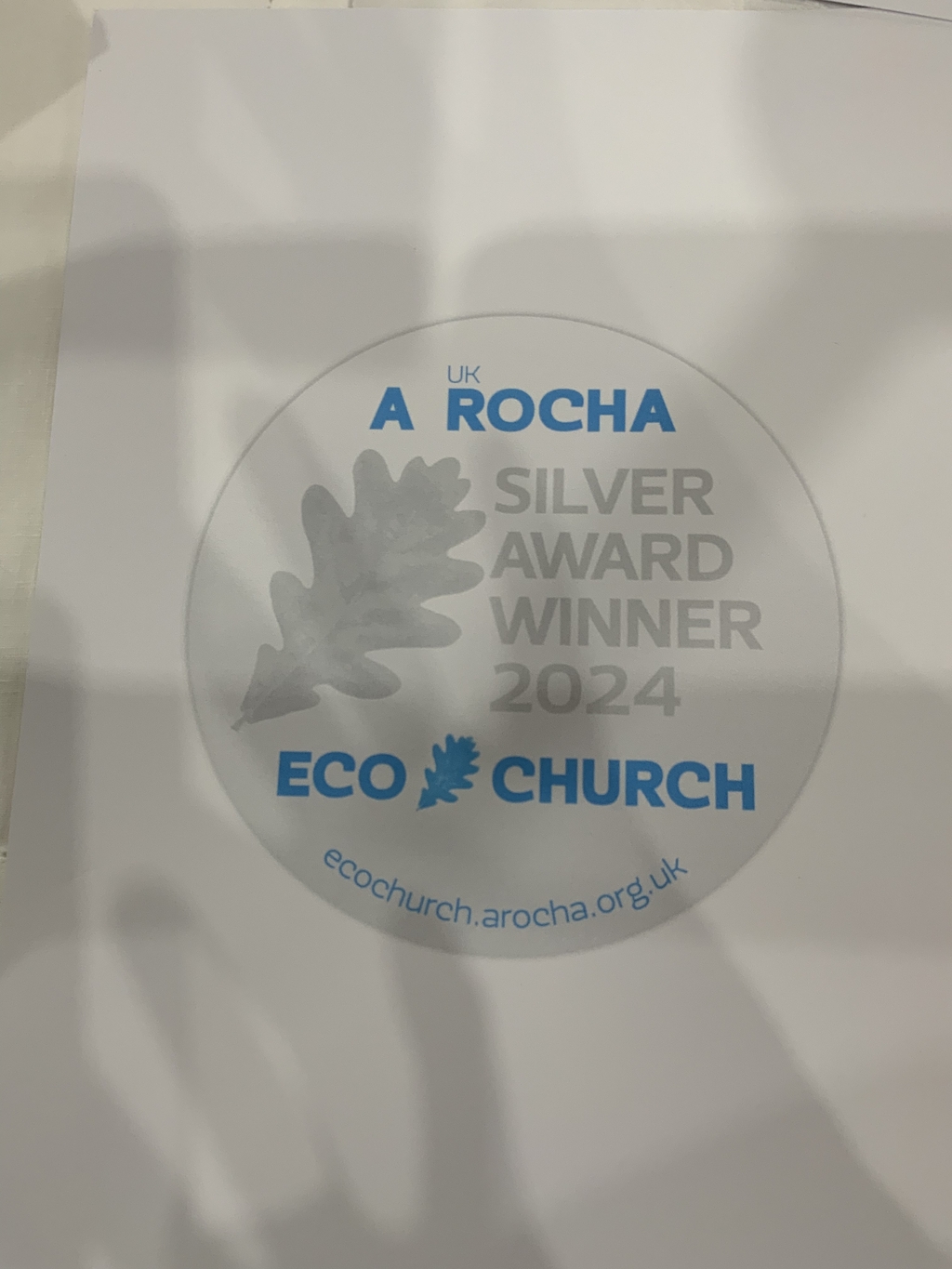It’s good to welcome people today who are here for the 1940’s weekend. It’s interesting to see how creative people were during the time of rationing, how they managed to make a little money stretch a long way, and to keep up morale although they had very little. Community spirit was forged as people stood together against the common enemy. There was something greater than money going on. But there were also people who exploited the situation, the ‘spivs’. There are always artful dodgers, people who use their intelligence for their own gain rather than for the common good.
We all have to decide for ourselves where to draw the line between right and wrong behaviour. What is OK as a means of making money, and what isn’t OK? Is it right for some people to draw massive amounts out of a company’s profits which have accumulated by exploiting employees, who earn less than a living wage, and may be on zero hours contracts, who are having to use the food banks and to go cold and hungry in the winter? We might shrug and decide that there’s nothing we can do about it. But are we condoning bad behaviour if we say and do nothing?
Our reading from the prophet Amos promised that God wouldn’t forget the behaviour of those who trample upon the needy. The message is timeless. It’s likely that every single one of us here has been short-changed at least once in our lifetimes. And those who can least afford it pay greater interest rates and higher charges than those who are better off.
None of this means that we should resent or judge wealthy people. Pray for everyone, Paul said, those in high positions too. God wants everyone to be saved. It’s our attitude to wealth that matters, not wealth itself.
The parable we heard from Luke is one of a series of teaching and parables. A manager knew he was about to get the sack, and so he reduced the debts owed, to make friends for himself. The people had to pay high rents in the form of the produce, oil or wheat, that they harvested. This reduction would make a big difference to their lives.
The master wasn’t angry, rather he commended the manager for his shrewdness. He had brought something good out from a bad situation. This is what God does, and what God wants us to do.
The love of money is a root of all kinds of evil. Wealth doesn’t make us superior to other people. It does give us a greater responsibility to do good with it. Service to God is of more value than anything else. We can’t wash our hands of injustice, or of suffering. We can’t do nothing. We’re to do something about it.
There are at least three things we can do: we can pray, we can join the voices of those who condemn behaviour which causes suffering, and we can contribute to the aid agencies who help, especially to the Foodbank and to our Harvest Appeal which is launched this week.
We’re all here to serve God. We remember in this time of mourning the example of a life of service by Queen Elizabeth.
We appreciate too the extremely valuable work of our church wardens Richard and Eddie who do so much here in St Peter’s. They are to be commended as we swear them in for another year of service today. Amen.
Julie Rubidge, Lay Minister













